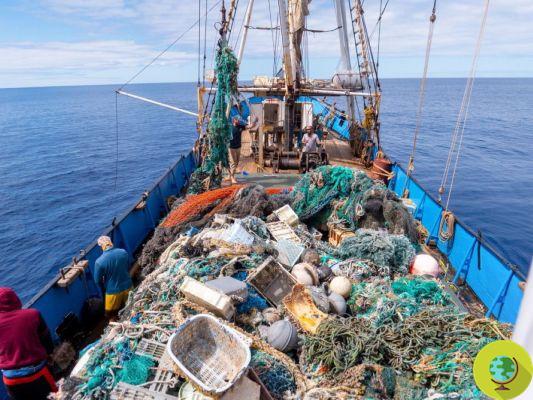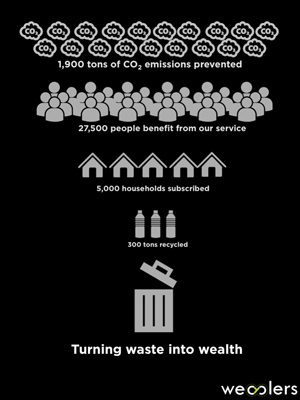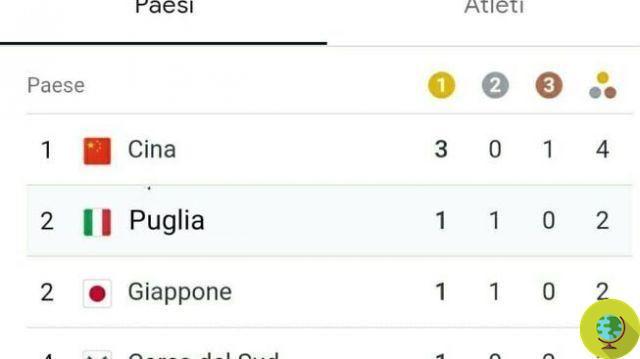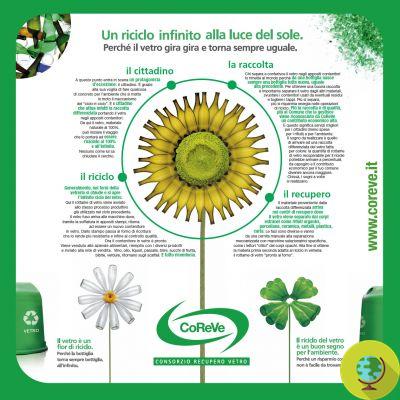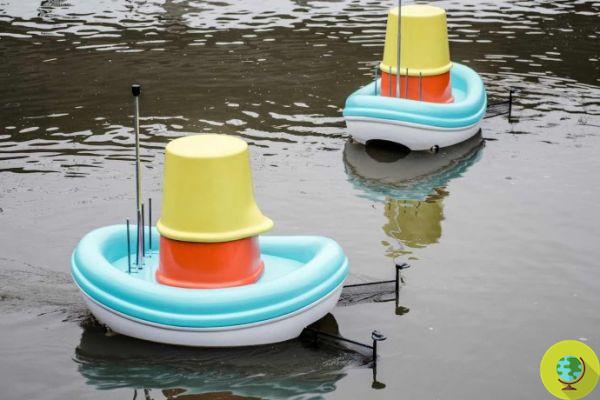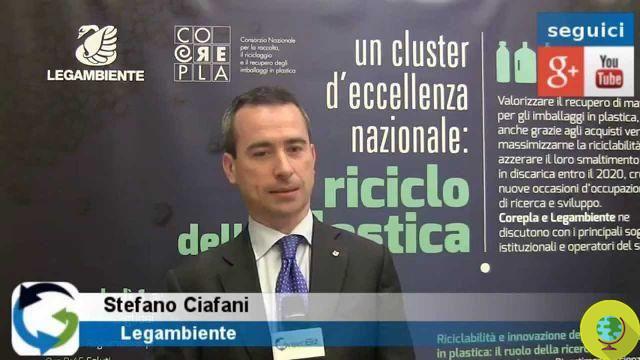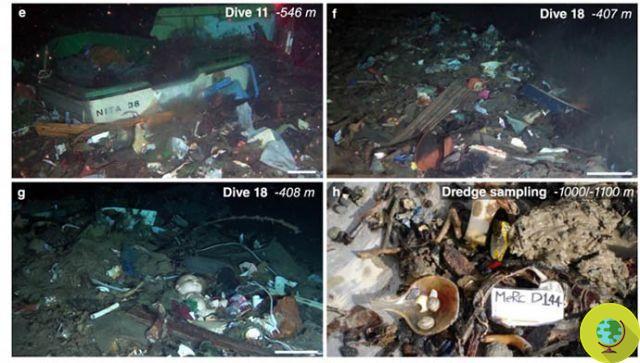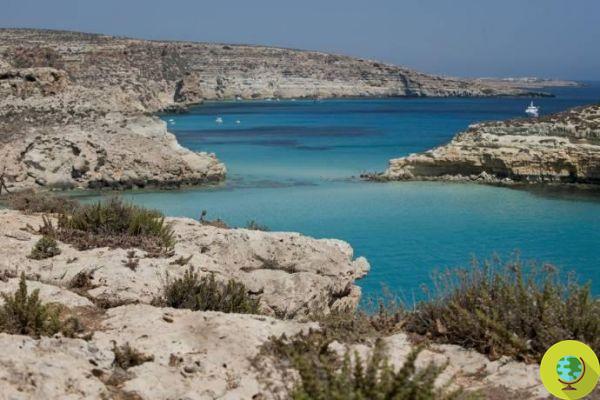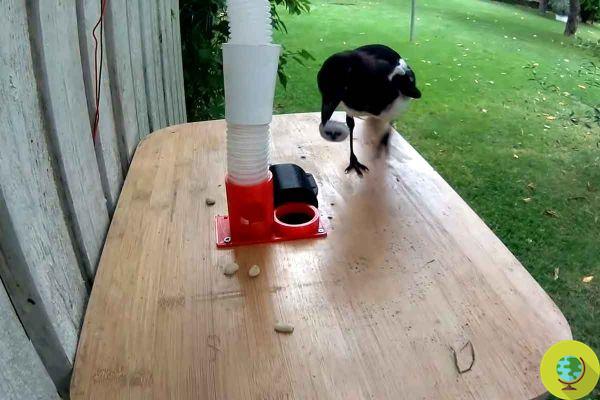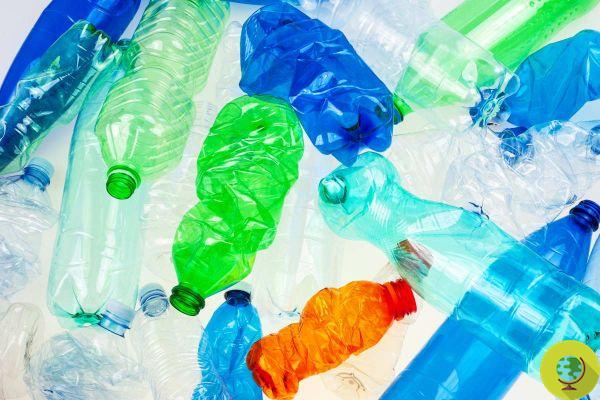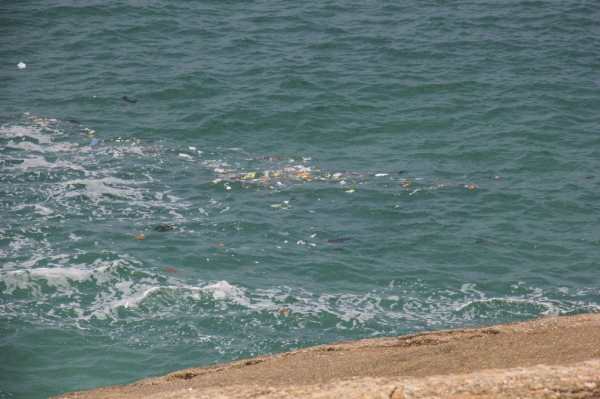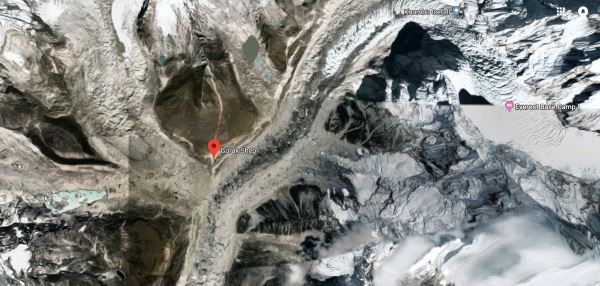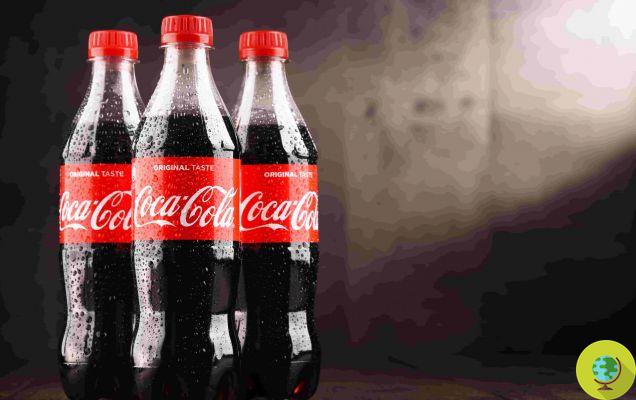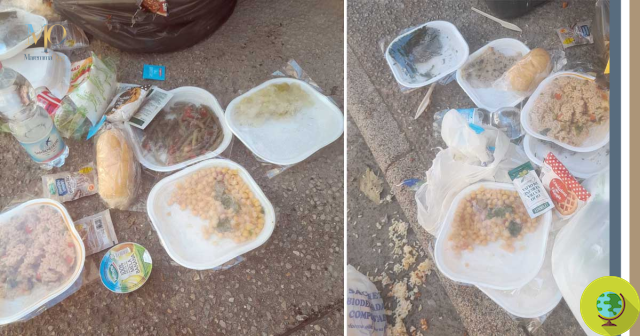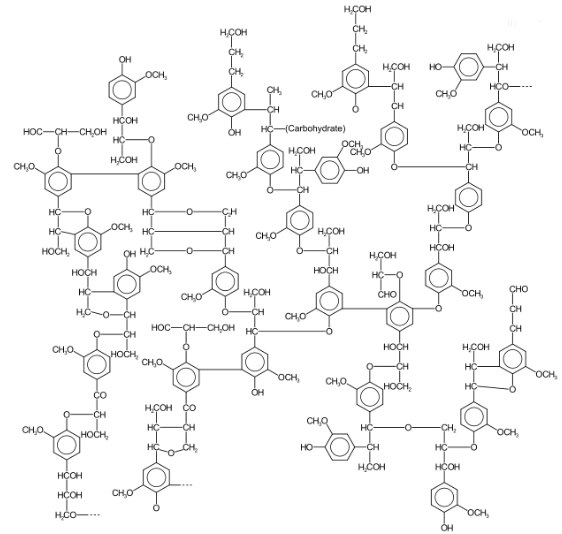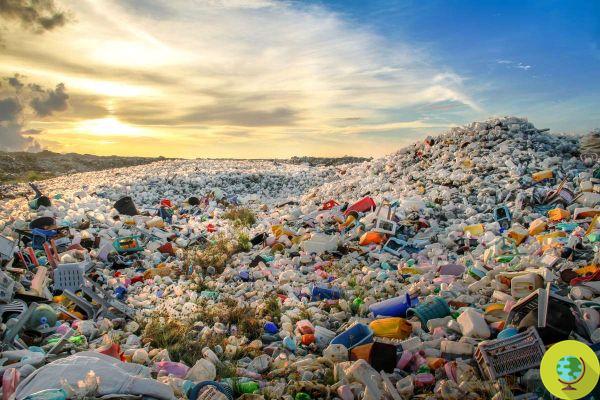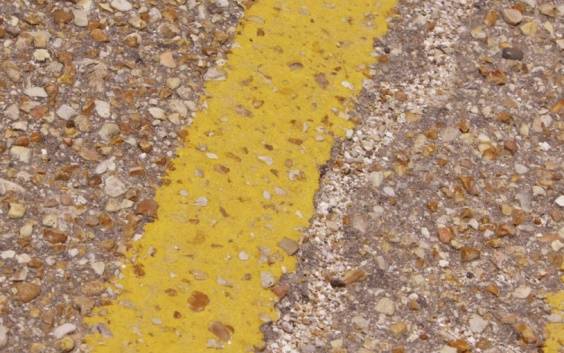On the beaches of the Cocos Islands, a small and remote Australian archipelago, there are over 200 tons of plastic. A tide of garbage that is carried by the ocean and which is an indication of the real invasion of waste that our seas are undergoing.
He is about to end up run over, his mother saves himOn the beaches of Cocos islands, a small and remote Australian archipelago, there are over 200 tons of plastic. A tide of garbage that is carried by the ocean and which is an indication of the real invasion of waste that our seas are undergoing.
On these 27 small and almost uninhabited islets, which are located about two thousand kilometers from Australia, a mountain of plastic waste has poured out. Precisely due to its position and other characteristics, the situation in which this archipelago finds itself can be taken as an example of what could happen (and indeed is happening) in many other coasts of the planet.
According to a study published in Scientific Reports, the just under 0,6 square kilometers of beaches on the Cocos archipelago are covered with over 400 million units of plastic, polyurethane, metal and glass waste. The estimated total weight is well 238 tons.
The study was conducted on 25 beaches on the seven main islands, which represent 88% of the just over 14 square kilometers of this archipelago. According to the study authors, since there are few local sources of pollution and little human interference (the local population has about 100 inhabitants) it is evident that this type of remote islands “can act as a marine pollution monitor, providing a unique view of the trends with which waste accumulates ".
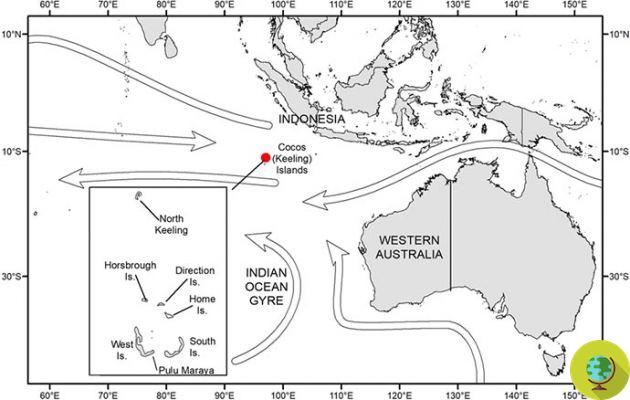
In the only 0,6 square kilometers of beaches analyzed, the researchers found hundreds of thousands of waste such as shoes or disposable items: containers, bottles, straws, bags or toothbrushes. Large items made up nearly 25% of the trash found but the most numerous were small pieces, mainly fragments of larger items, which accounted for more than 60% of all debris present.
Overall, 95% of everything found on the Cocos was plastic. But what's more, the researchers claim they would be about 340 million waste buried up to 10 centimeters under the sand, and since most previous global litter studies have focused solely on surface debris, this means that the sheer scale of garbage accumulation on beaches has been underestimated.
Again this time scientists sound the alarm: If measures are not developed quickly to limit the production and consumption of this type of waste (e.g. a general ban on single-use products and better waste management), then these will quickly accumulate on beaches around the world.
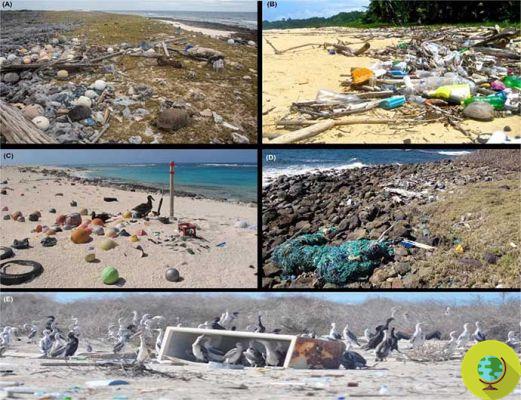
Currently, the presence of plastic has been documented at all levels of the marine food web, from the most remote beaches, such as those of the Cocos Islands, to the deepest ocean trenches. Last week, an American explorer found plastic waste even at the bottom of the Mariana Trench, in the Pacific Ocean, considered the deepest part of the planet's oceans currently known.
Victor Vescovo descended nearly 11km into this pit, breaking the diving world record, and spent four hours exploring the bottom of the immense crack inside his small submarine. In addition to finding various sea creatures, he unfortunately also came across a plastic bag and other rubbish later identified as candy wrappers.
It is the third time that humans have reached the extreme depths of the ocean, but it is the first time that human-origin remains of waste have been found.
The plastics situation in the sea, therefore, goes from bad to worse!
Read also:
- Coca-cola bottles and cans are the waste most present on the beaches
- La Pelosa beach invaded by plastic after the storm
- The bewildering images of plastic waste in the sea




